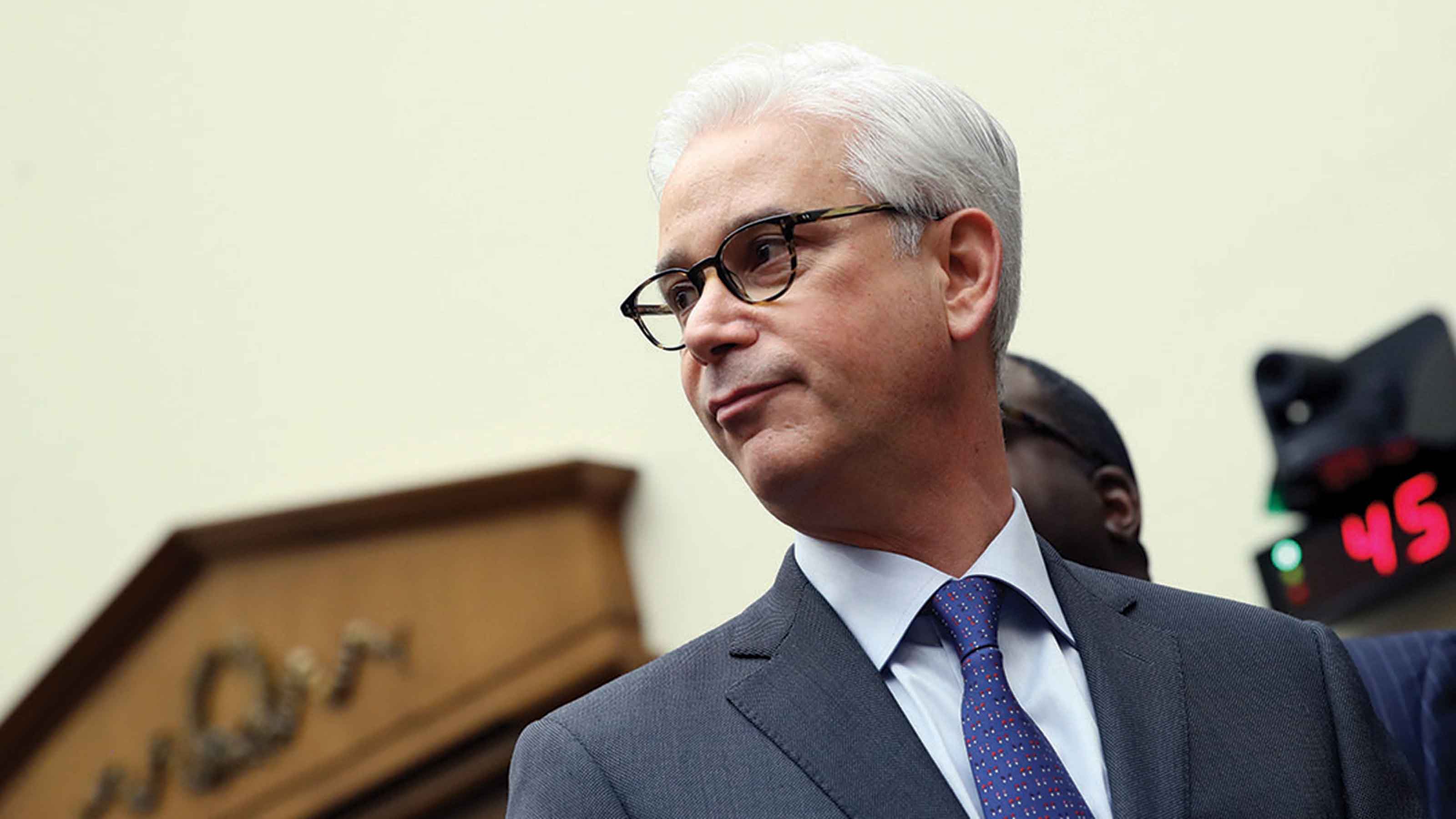Cut Costs With Independent Contractors?
It's appropriate for a business owner to try to lower prices to customers, but fattening the bottom line at the employees' expense is not ethical.

Profit and prosper with the best of Kiplinger's advice on investing, taxes, retirement, personal finance and much more. Delivered daily. Enter your email in the box and click Sign Me Up.
You are now subscribed
Your newsletter sign-up was successful
Want to add more newsletters?
Q: I recently learned that a very successful competitor -- who always seems to be undercutting my pricing -- employs very few of his staff directly. Most of his work is done by people he defines as independent contractors. (I hear that some of them used to be his employees, but he laid them off and promptly hired them back as "freelancers.") He apparently saves all the money that I pay for my staff's Social Security, unemployment insurance, worker's comp, health care and vacations, not to mention my HR administrative costs. Am I being a chump, or is he unethical?
It is not unethical for a business owner to try to reduce costs and lower prices to his customers, especially if it can be accomplished through efficiency, economies of scale and innovation. That's working smart. But fattening the bottom line at the expense of one's employees is not ethical. The most respected employers offer good benefits to full-time employees.
Maybe your competitor's workers are bona fide independent contractors. If so, in addition to his savings in taxes and benefits, he also enjoys the flexibility of reducing his labor costs without having to lay off real employees.
From just $107.88 $24.99 for Kiplinger Personal Finance
Become a smarter, better informed investor. Subscribe from just $107.88 $24.99, plus get up to 4 Special Issues

Sign up for Kiplinger’s Free Newsletters
Profit and prosper with the best of expert advice on investing, taxes, retirement, personal finance and more - straight to your e-mail.
Profit and prosper with the best of expert advice - straight to your e-mail.
But your competitor might be one of thousands of employers who are breaking federal law by misclassifying long-term, full-time employees as freelancers and independent contractors. This is the subject of heightened scrutiny by the IRS and the Department of Labor. The IRS has a multipart test for this classification, and it requires a surprisingly high degree of autonomy on the part of these workers. True independent contractors typically work for more than one client at a time, set their own hours, and don't receive training or close supervision from their clients.
In addition to the risk of government audits, employers who don't heed the accepted rules of independent contracting could be vulnerable to whistle-blowing by disgruntled workers and former employees.
Profit and prosper with the best of Kiplinger's advice on investing, taxes, retirement, personal finance and much more. Delivered daily. Enter your email in the box and click Sign Me Up.

Knight came to Kiplinger in 1983, after 13 years in daily newspaper journalism, the last six as Washington bureau chief of the Ottaway Newspapers division of Dow Jones. A frequent speaker before business audiences, he has appeared on NPR, CNN, Fox and CNBC, among other networks. Knight contributes to the weekly Kiplinger Letter.
-
 Americans, Even With Higher Incomes, Are Feeling the Squeeze
Americans, Even With Higher Incomes, Are Feeling the SqueezeA 50-year mortgage probably isn’t the answer, but there are other ways to alleviate the continuing sting of high prices
-
 Hiding the Truth From Your Financial Adviser Can Cost You
Hiding the Truth From Your Financial Adviser Can Cost YouHiding assets or debt from a financial adviser damages the relationship as well as your finances. If you're not being fully transparent, it's time to ask why.
-
 How to Manage a Disagreement With Your Financial Adviser
How to Manage a Disagreement With Your Financial AdviserKnowing how to deal with a disagreement can improve both your finances and your relationship with your planner.
-
 Airbnb Host Tells What It's Like
Airbnb Host Tells What It's LikeBusiness Costs & Regulation This Denver pharmacist began booking her ski condo a few months after the pandemic hit.
-
 Tough Times for a Family Business
Tough Times for a Family BusinessBusiness Costs & Regulation His dry-cleaning operation was rocked by the pandemic, but he is staying optimistic.
-
 IRS Gives Truckers a Tax Break in Response to the Colonial Pipeline Shutdown
IRS Gives Truckers a Tax Break in Response to the Colonial Pipeline ShutdownTax Breaks The tax penalty for using dyed diesel fuel for highway use is temporarily suspended.
-
 Reliving a Harlem Renaissance
Reliving a Harlem RenaissanceBusiness Costs & Regulation After a tough winter, two sisters look forward to reviving their restaurant’s business.
-
 Add a VPN to Surf the Internet Safely
Add a VPN to Surf the Internet SafelyTechnology To help you fight identity theft, consider adding a VPN.
-
 Stephanie Creary: Making the Case for Diversity on Corporate Boards
Stephanie Creary: Making the Case for Diversity on Corporate BoardsBusiness Costs & Regulation Adding underrepresented voices can improve a company’s bottom line.
-
 How We Lose When We Overlook Black Talent
How We Lose When We Overlook Black TalentBusiness Executives Comments from Wells Fargo CEO Charles Scharf (pictured) reflect a culture that tramples on clients’ trust and limits opportunities for people of color.
-
 Retirees, Create An Emergency Fund for Rental Property
Retirees, Create An Emergency Fund for Rental PropertyBusiness Costs & Regulation Build a cushion to protect your income from an unforeseen crisis.